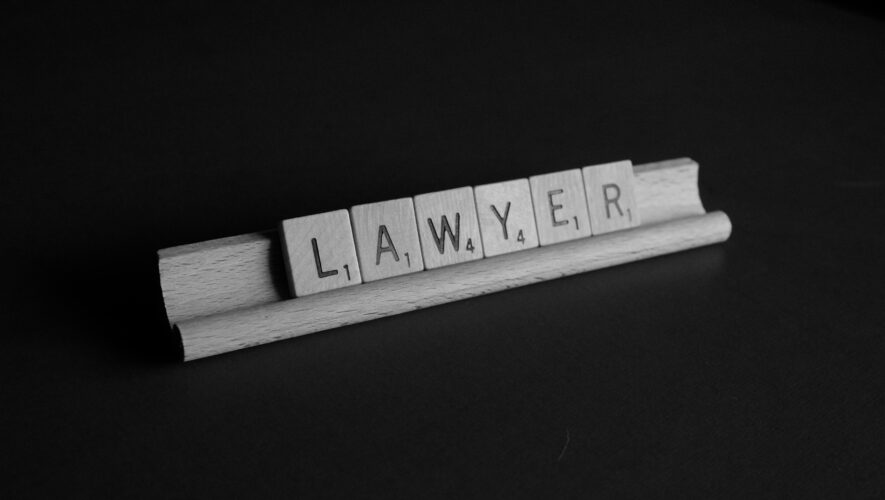NOV 7, 2017
Law firms are adapting to the growing number of millennials who are filling their associate ranks and moving toward partnership status by keeping up with their penchant for technology.
“Millennials have grown up in the digital age and they want to cut out the mindless, tedious tasks that often characterize associates’ and students’ workdays,” says Anne McNulty, director of legal knowledge engineering at Toronto-based Kira Systems, which has developed a machine-learning contract-analysis platform. “AI helps them focus on learning.”
AI is changing the stereotypical image of the beleaguered coffee-serving, briefcase-bearing lackey associates who spend long hours in windowless deal rooms figuring out where to start due diligence for a merger or acquisition.
That part of the job was the high price they had pay for their future success. In fact, a recent study from University of Toronto, which compares two surveys of thousands of lawyers in Canada and the United States, confirms the correlation between depression and success in the profession, a correlation that is inverse in the general population.
The more successful and hard-working lawyers are, the more likely they are to experience depression. Indeed, the incidence of depression increases with the size of the law firm and the apparent degree of financial success.
“What stands out about Big Law is that the lawyers there have to grind it out or they just can’t make it,” says Don Jack, a veteran litigator at Toronto’s Aird & Berlis, with more than 40 years’ experience at various law firms.
But Marko Trivun, a fifth-year associate at Torys LLP in Toronto, who focuses on due diligence for mergers and acquisitions, is seeing a different future. He has been using Kira Systems’ contract-analysis software since 2015. While the hours may continue to be long, he says AI software is improving the quality of the work.
“Kira takes the drudgery and monotony out of document review and allows lawyers to focus more on the legal skills they learned in law school in order to find the stuff that really matters,” he says.
More than just M&A practices can benefit from AI. Contract-analysis software can also make for more efficient lease abstraction for real estate practices and enhance financial services practices by ensuring accuracy and consistency of advice.
Kira gives lawyers tons of visibility right away so they can target their client needs in short order and determine what kind of expertise the M&A team will require
To be sure, Kira’s software is not the first iteration of contract-analysis software. Rules-based and comparison-based AI has been around for several decades. But these earlier generations of machine-learning software require humans to predict the variability of documents and guidelines to identify particular clauses. They worked well for highly similar documents or simple provisions, such as those identifying the law governing the contract, but proved inconsistent in dealing with a wide range of agreements.
Kira Systems allows users to import documents in more than 60 formats. It converts the files into machine-readable form, and then uses machine-learning models to identify concepts and clauses that the users specify. On-screen editing, workflow and collaborative tools allow users to refine results in real time. Search and analysis functions identify issues and trends across documents, and allow comparisons between them that enable lawyers to identify subtle differences, which may signal hidden risks or liabilities.
“Instead of entering a data room and wondering where to start, Kira gives lawyers tons of visibility right away so they can target their client’s needs in short order and determine what kind of expertise the M&A team will require,” McNulty says. “Training time is about one hour and the learning curve is short and very, very intuitive.”
Those concerned that AI will result in lost jobs will be relieved to know that Kira doesn’t replace legally trained people.
“But with the drudgery out of the way, you end up with more energy and time doing the things for which you went to law school,” the associate Trivun says. “Things you might not have caught are more likely to come to your attention.”
Kira, of course, isn’t the only game in town when it comes to contract analytics. Law Geex, Beagle, ThoughtRiver and Legal Robot are among its competitors. But Kira has been particularly successful in Canada, where its national clients include Osler, Hoskin & Harcourt LLP; Davies Ward Phillips & Vineberg LLP; and McCarthy Tétrault LLP. Internationally, the system is used by various Magic Circle firms in the U.K. and a number of U.S. firms.
Quite apart from their functional utility, investing in AI has become an important talent attraction and retention tool for law firms.
“Millennials are looking for interesting firms and interesting clients,” says Elizabeth Ellis, director of practice solutions at Torys. “Firms are signalling to associates and recruits that it is looking to the future by investing in tools that will attract clients and help them stay ahead of the game.”
